The Mall (yes, it’s called that) in Abu Dhabi isn’t much to look at, as malls in the United Arab Emirates go, which is probably why my focus upon walking into it shifted so quickly to the lucite piano in its main corridor, and to the kandoora-clad man playing it. I thought I recognized the melody for a moment, but quickly lost myself amid the rests and sustains and sixteenth notes.
It’s probably just as well, I thought, my soul trapped inside my body. There are some stories you just can’t tell, not completely.
I’ll do my best with this one.
It starts on Saadiyat, one of the many islands that make up Abu Dhabi. An archipelago, the city geographically riffs off of Stockholm, while its most conspicuous cultural institutions (The Louvre, most notably, which is a couple years late in opening) are copied from Paris.
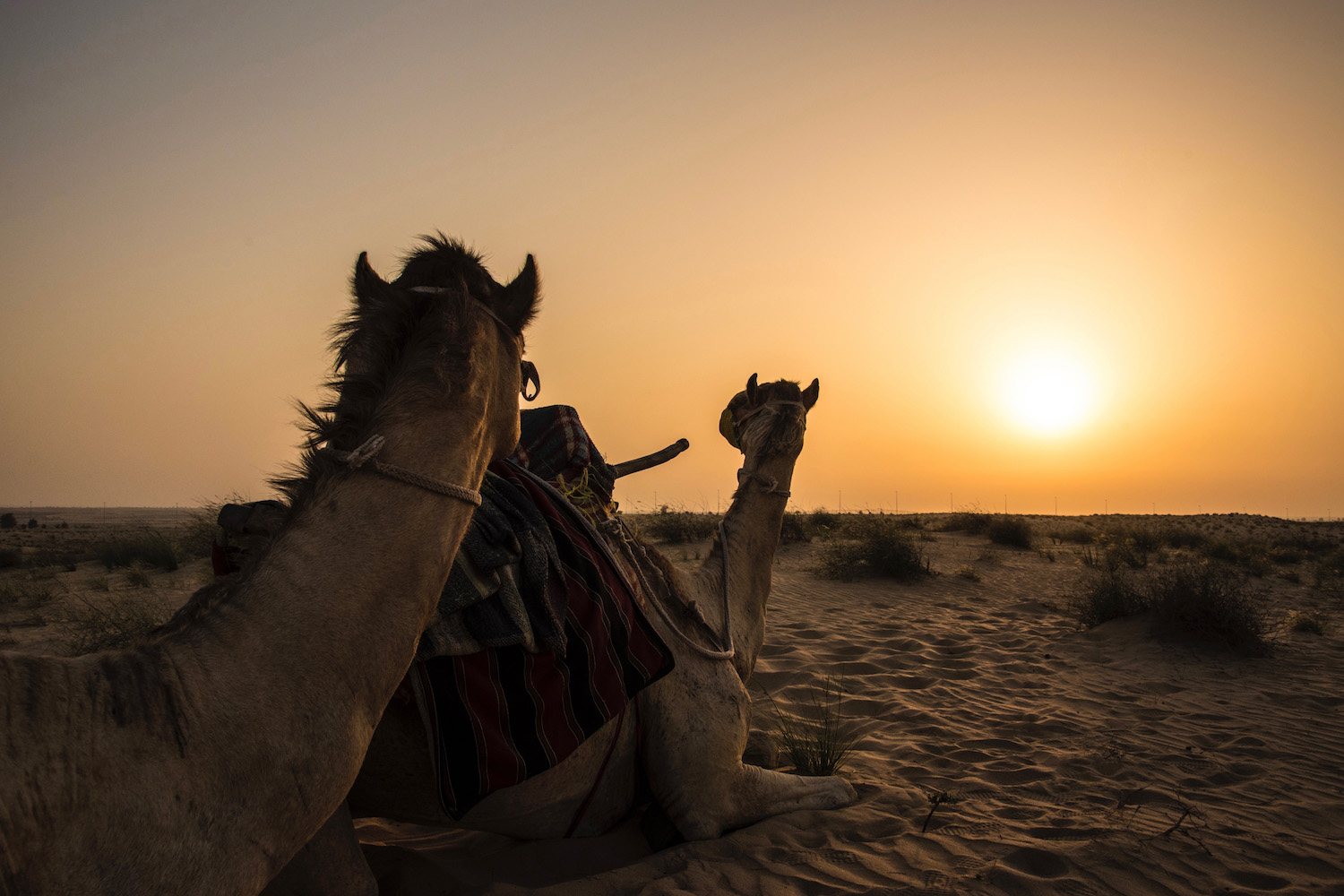
“That’s not true,” I said without a smile, the chunky man who’d insisted I couldn’t take pictures at Saadiyat Beach mocking me as I walked past him and his putty-faced girlfriend.
I found my humor like the beach did: The cranes that rose above it on one side cheapened the pristine water and cloudless sky; the umbrellas matched the ghostly skin of the woman I nearly reminded to cover herself.
People in this country are aggressively private—the kandoora and the abaya simply reflect on the outside how they feel within. These flowing sheets of fabric give your photos a real sense of place, but attempting to peel a single layer off an Emirati, even one who doesn’t cover, is about as futile as trying to have an honest discussion with him about the treatment of South Asian laborers, or women, or gays.
It’s no wonder they default so quickly to religion. When you don’t want someone to know your truth, the easiest way to distract them is with the greatest falsehood in human history. Yes—perhaps the story begins inside the Sheikh Zayed Grand Mosque.
Or maybe in Masdar City, where driverless cars drive you to nowhere in order to illustrate that oil-guzzling cities in the hottest part of the world aren’t sustainable but could be, like when an extremely slutty person friend zones you so they have a counterargument the next time someone calls them out.
The story’s half-finished, and I’m still arguing with myself over where it starts.
“You don’t have to understand it,” I remember hearing so many times in the U.A.E., from so many people. “You just have to accept it.”
Like the sudden sickness that came over me as I walked onto Kite Beach in Dubai—it didn’t matter whether it was the dust in the air, or the difference in temperature between the sun and the shade and all the oil-guzzling cars and buildings, or the sangria the night before that caused it. I was in a mall with a thousand stores, just minutes from the base of the Burj Khalifa, and the only place I wanted to be was in the pharmacy.
I tried to use calculus, in my neurosis, to quell my pain. But instead it intensified: Zero is but the limit of the sadness one person can feel over a given ex as the number of exes approaches infinity. Just as quickly as the pseudoephedrine made me feel whole again, my calculations proved to me that I never really touched him, not completely.
There are some stories you can’t tell, not completely, and ours is one of them.
It almost ended in the desert, without him and with me on camelback in silence, the horizon pulling the sun away like the police here to do couples caught in the act on the beach. But with the roar of a jet engine (“Dubai’s new airport is just over there,” my Pakistani guide explained, as the Boeing made its final approach), both my eyes sprung open.
“What were you playing?” I asked the kandoora-clad man, thinking perhaps Debussy had been the soundtrack to my daydream.
He replied that it was one of his own compositions, then closed the lid and walked out into the city.

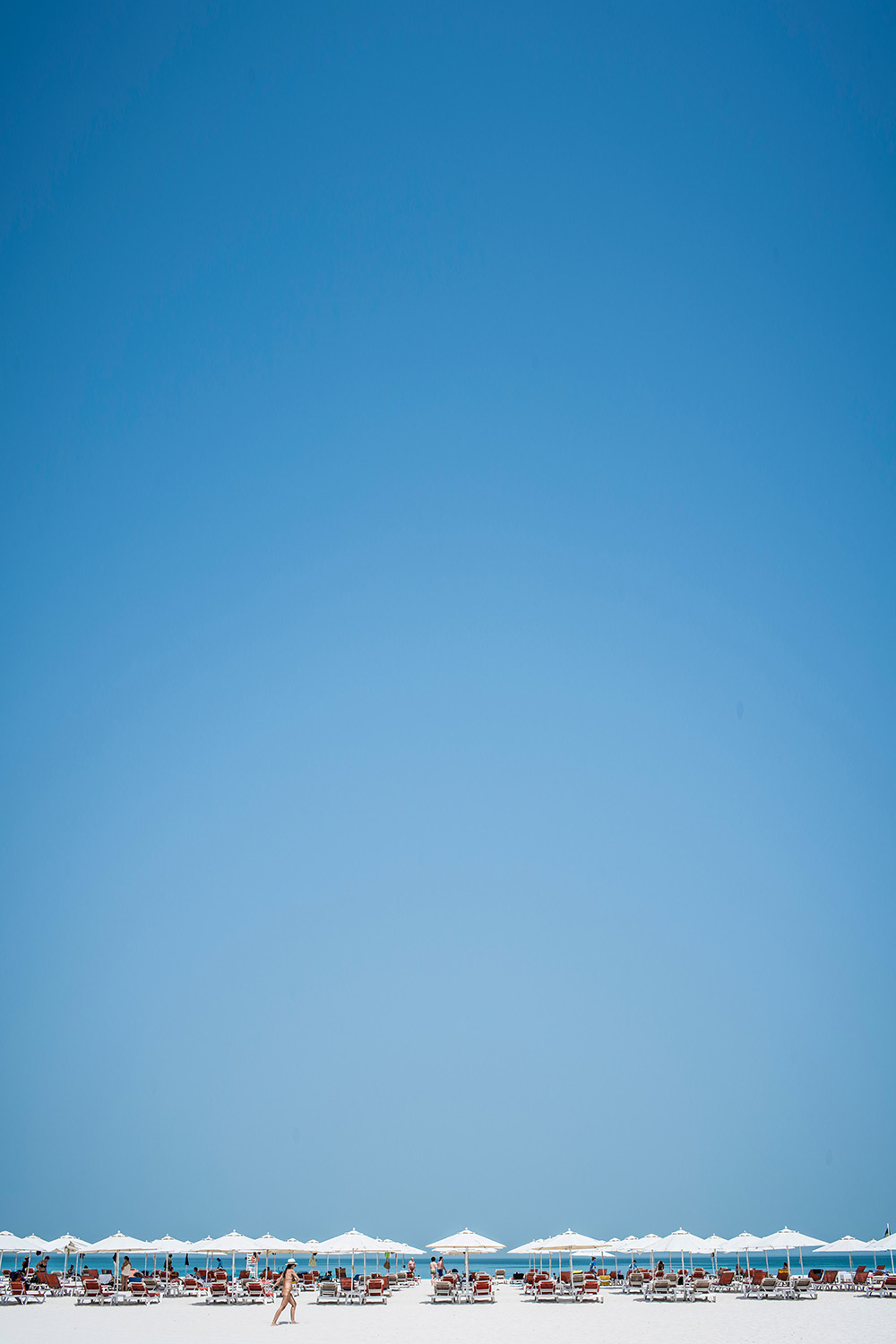
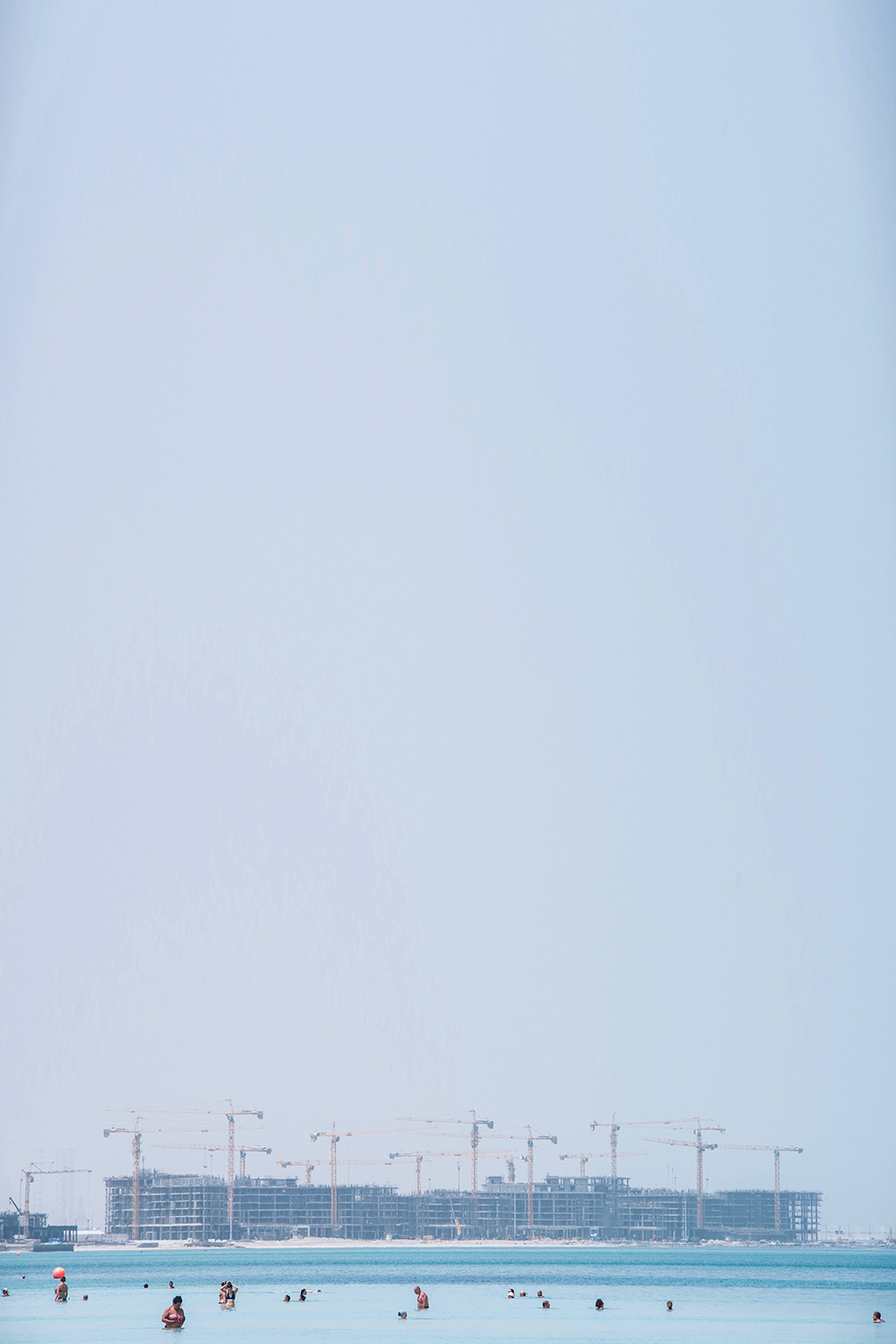
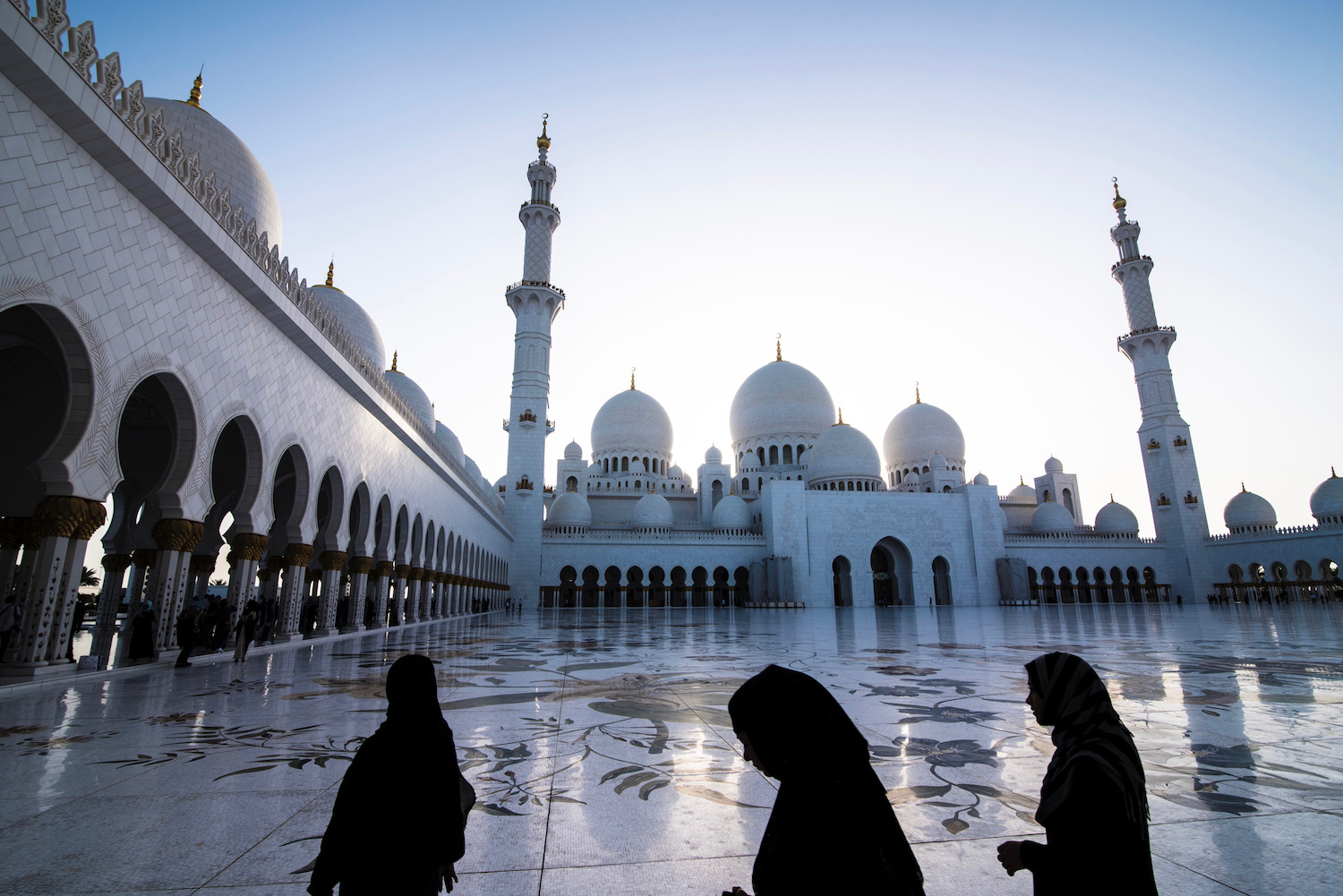
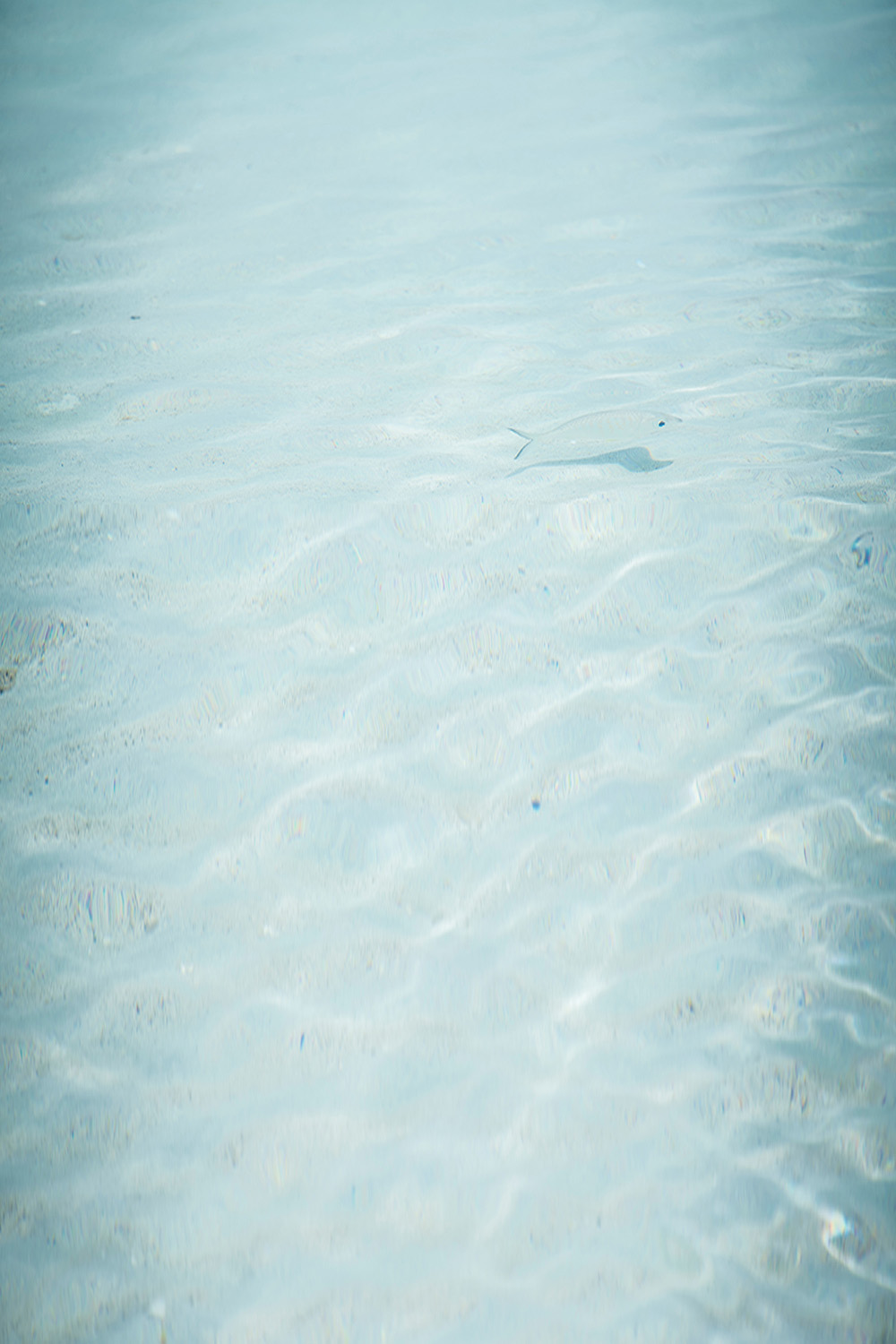


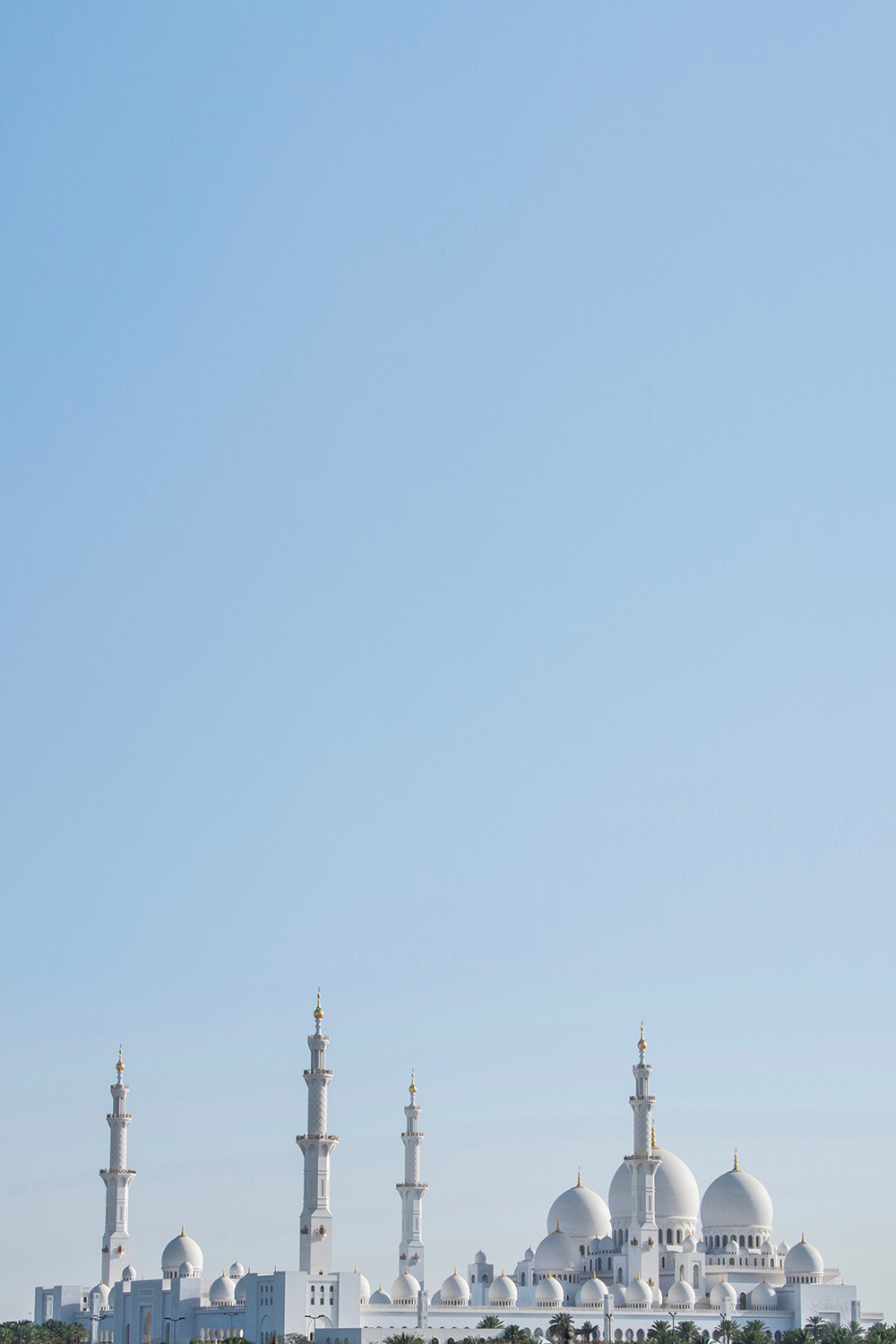
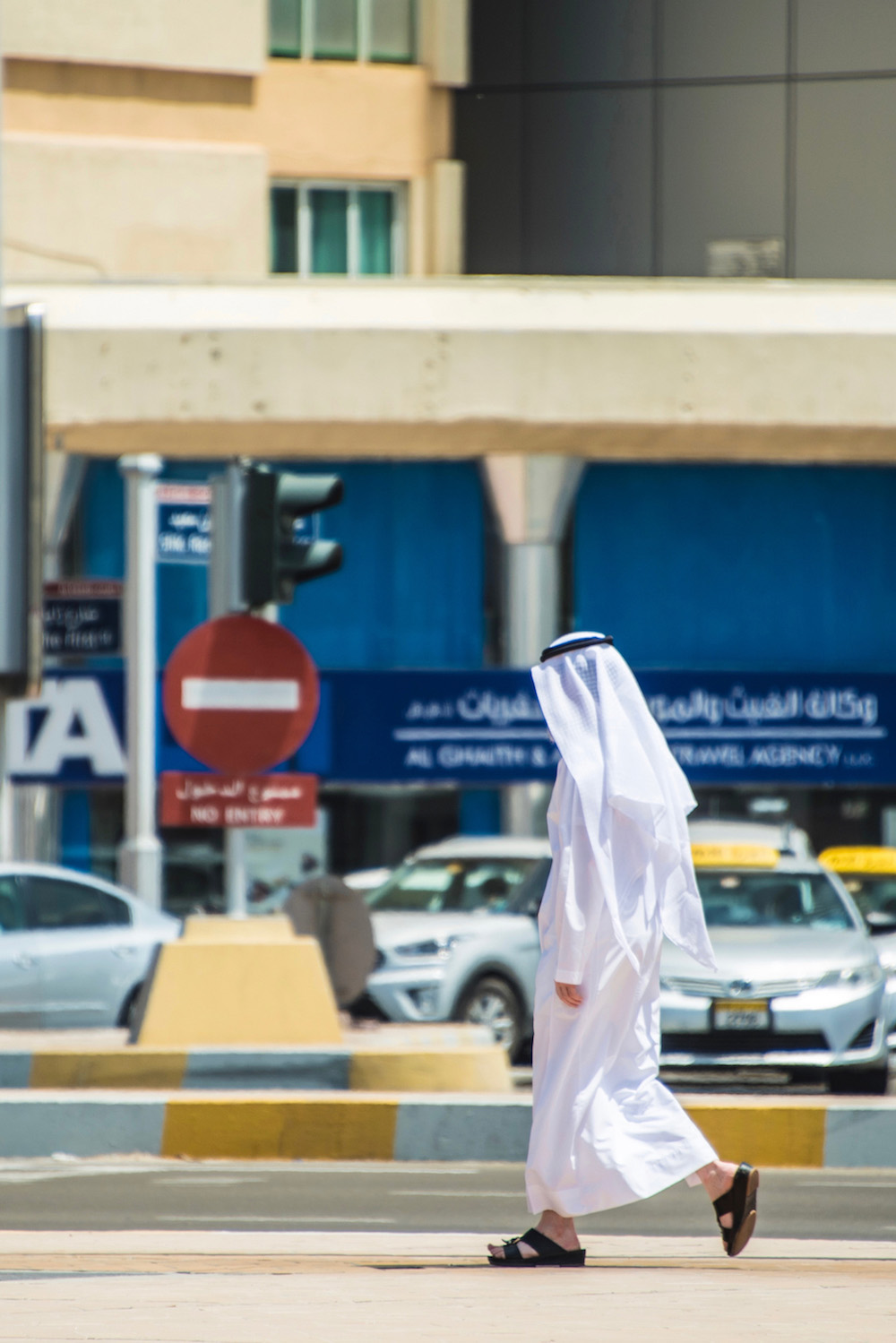
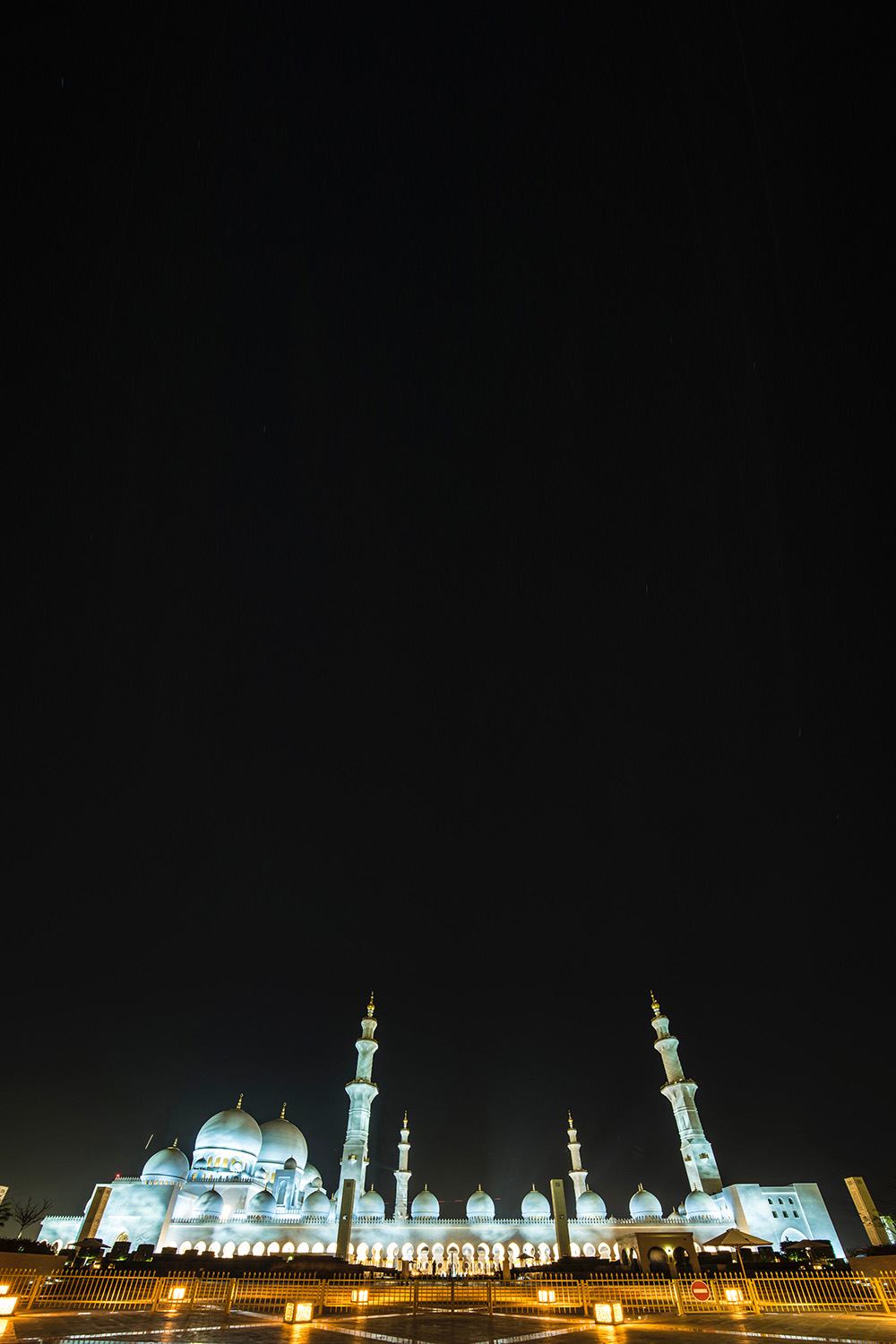
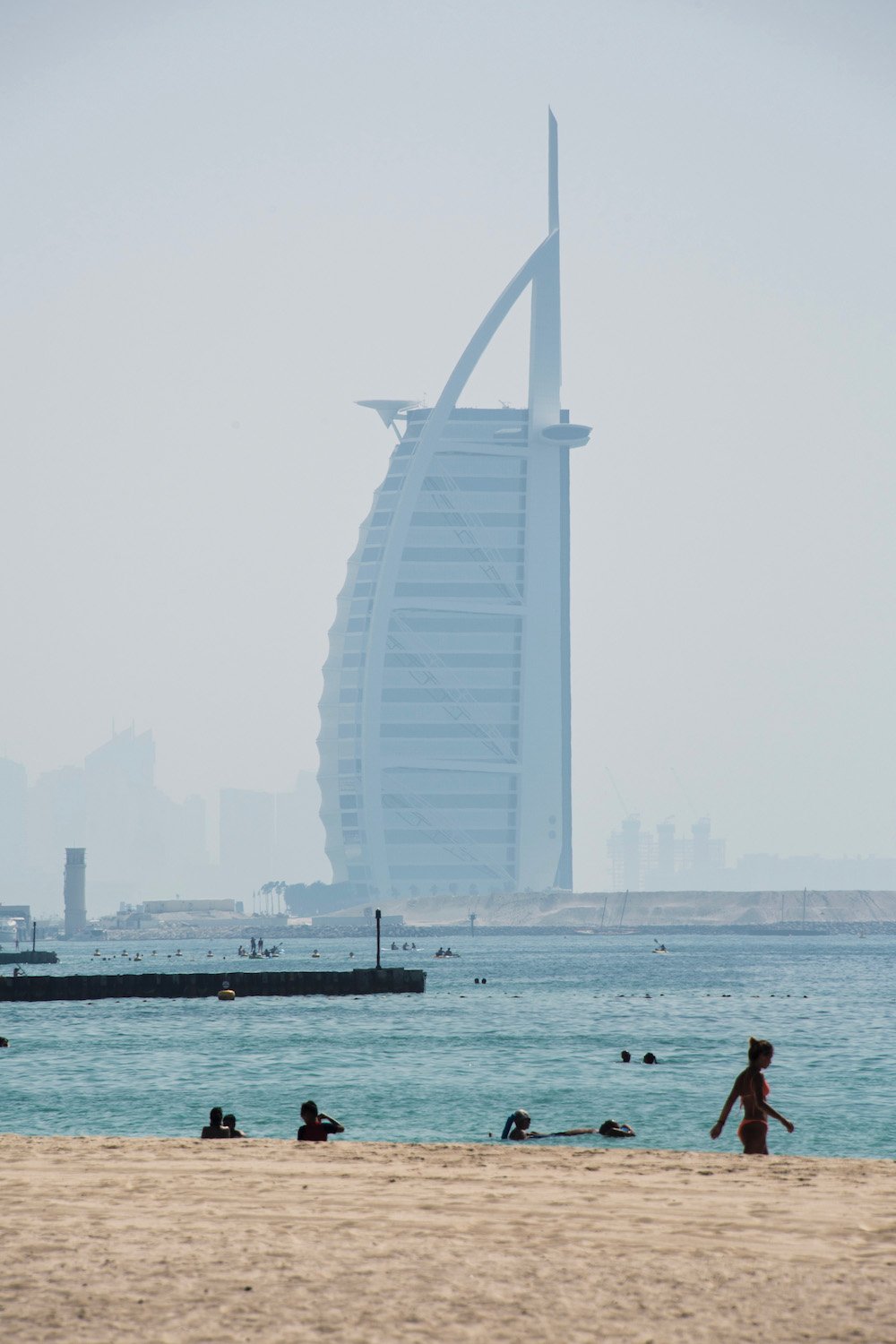
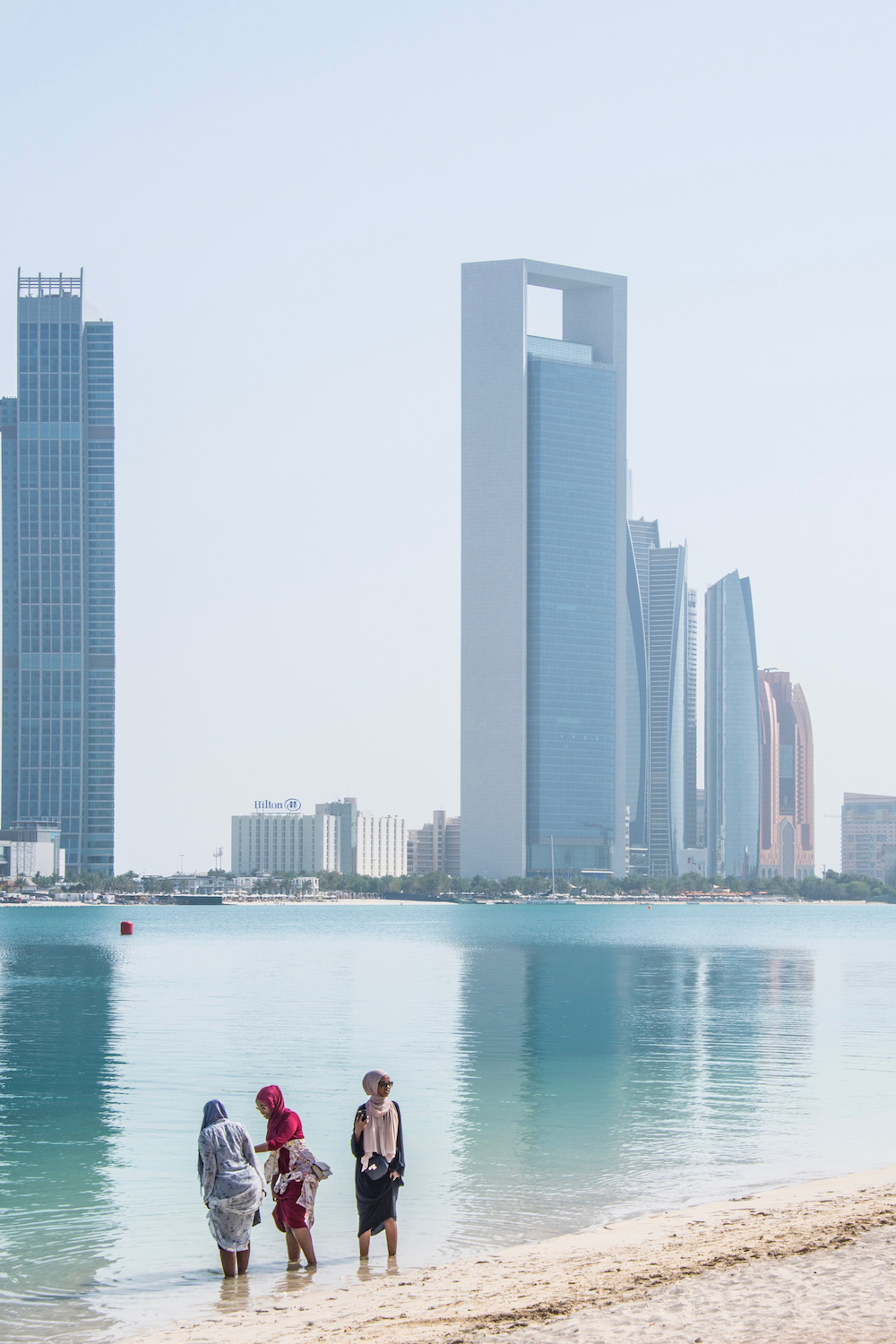
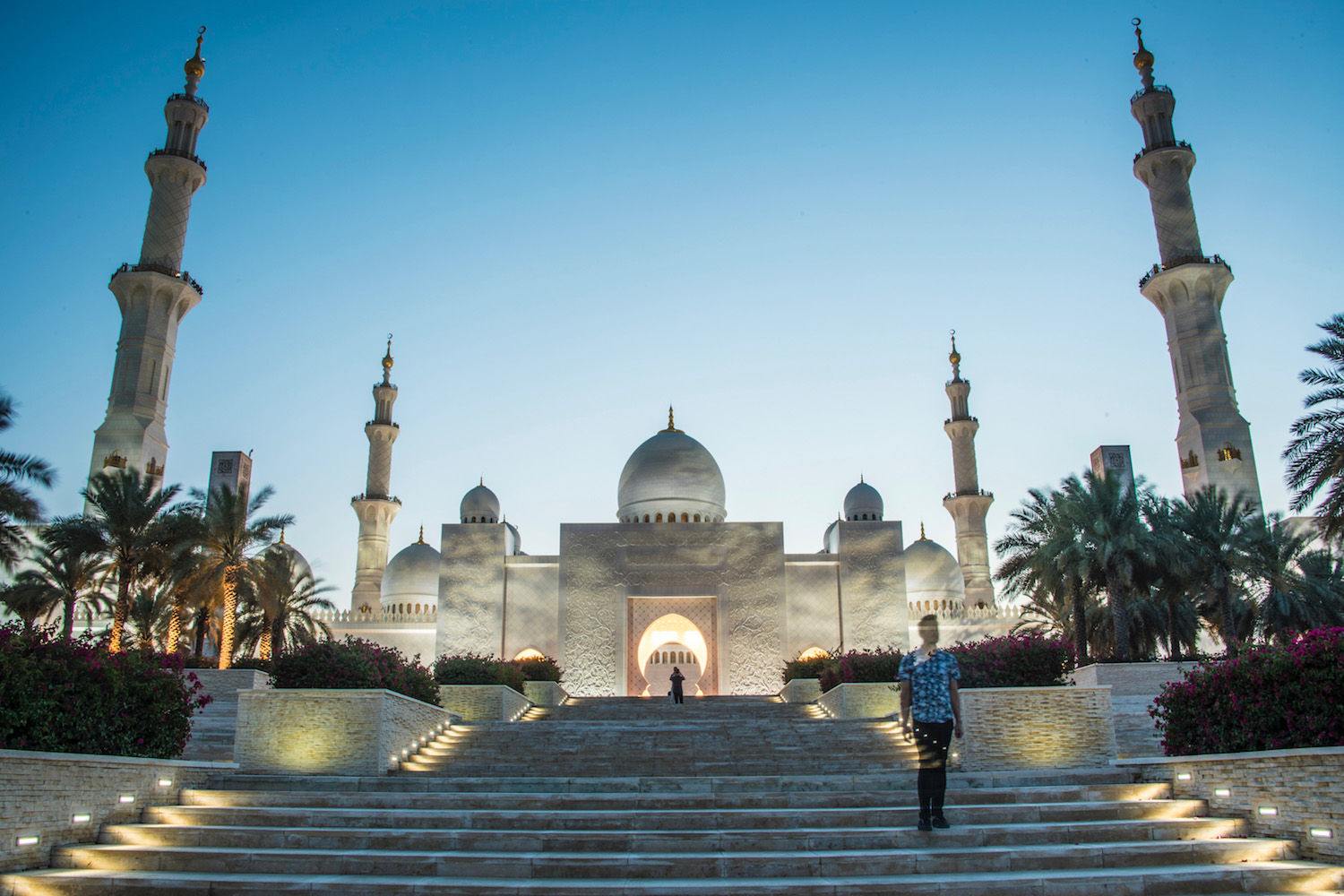
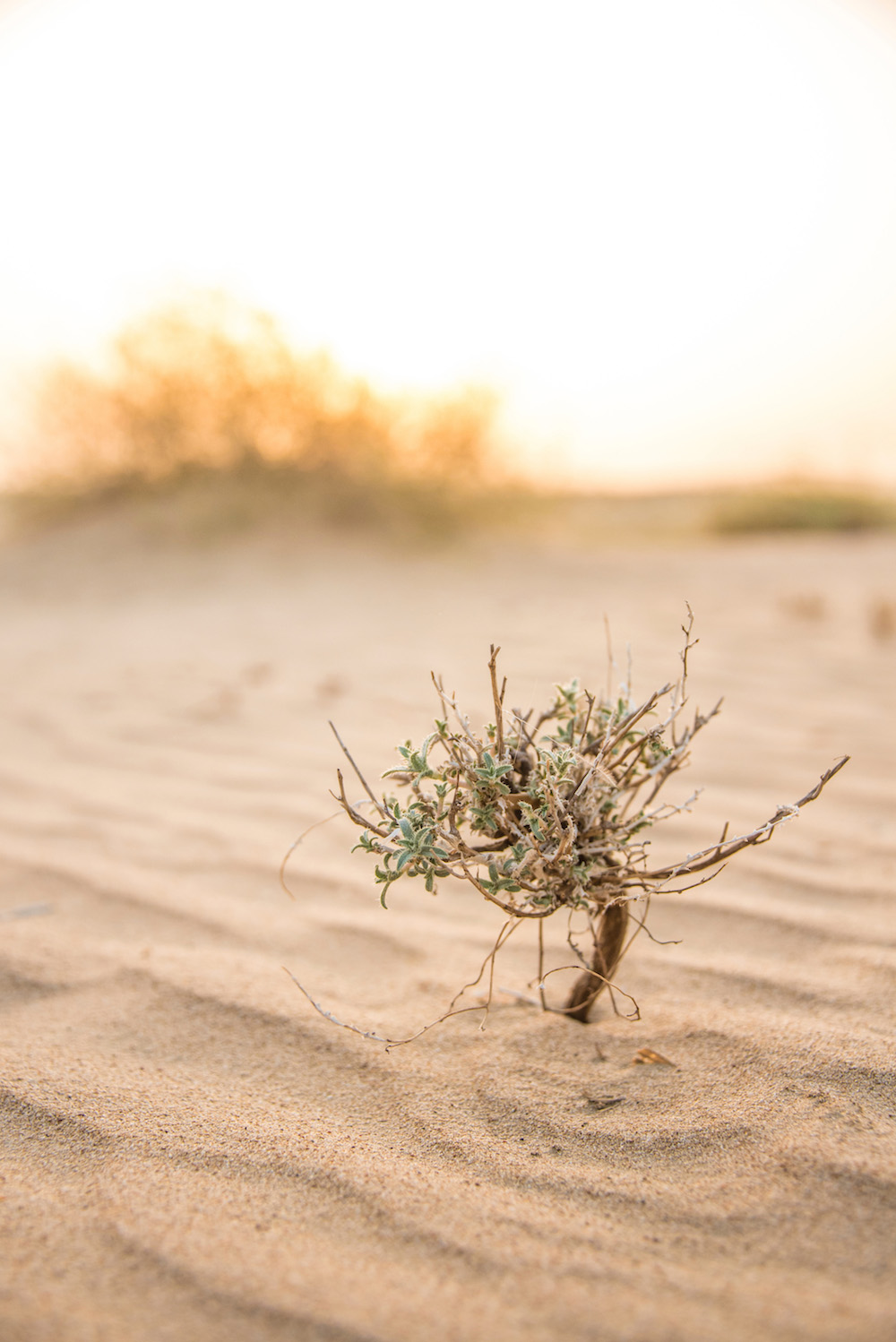
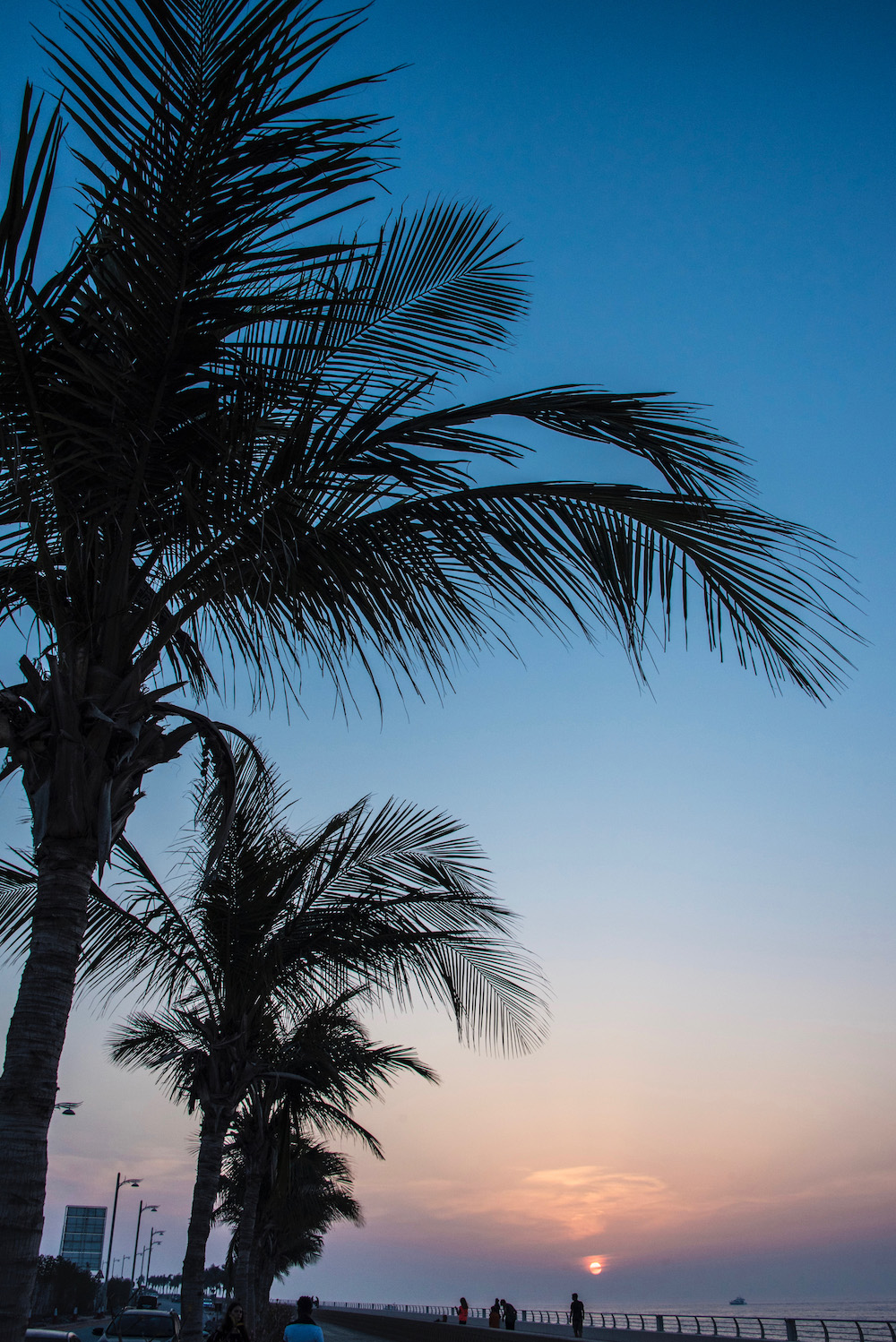
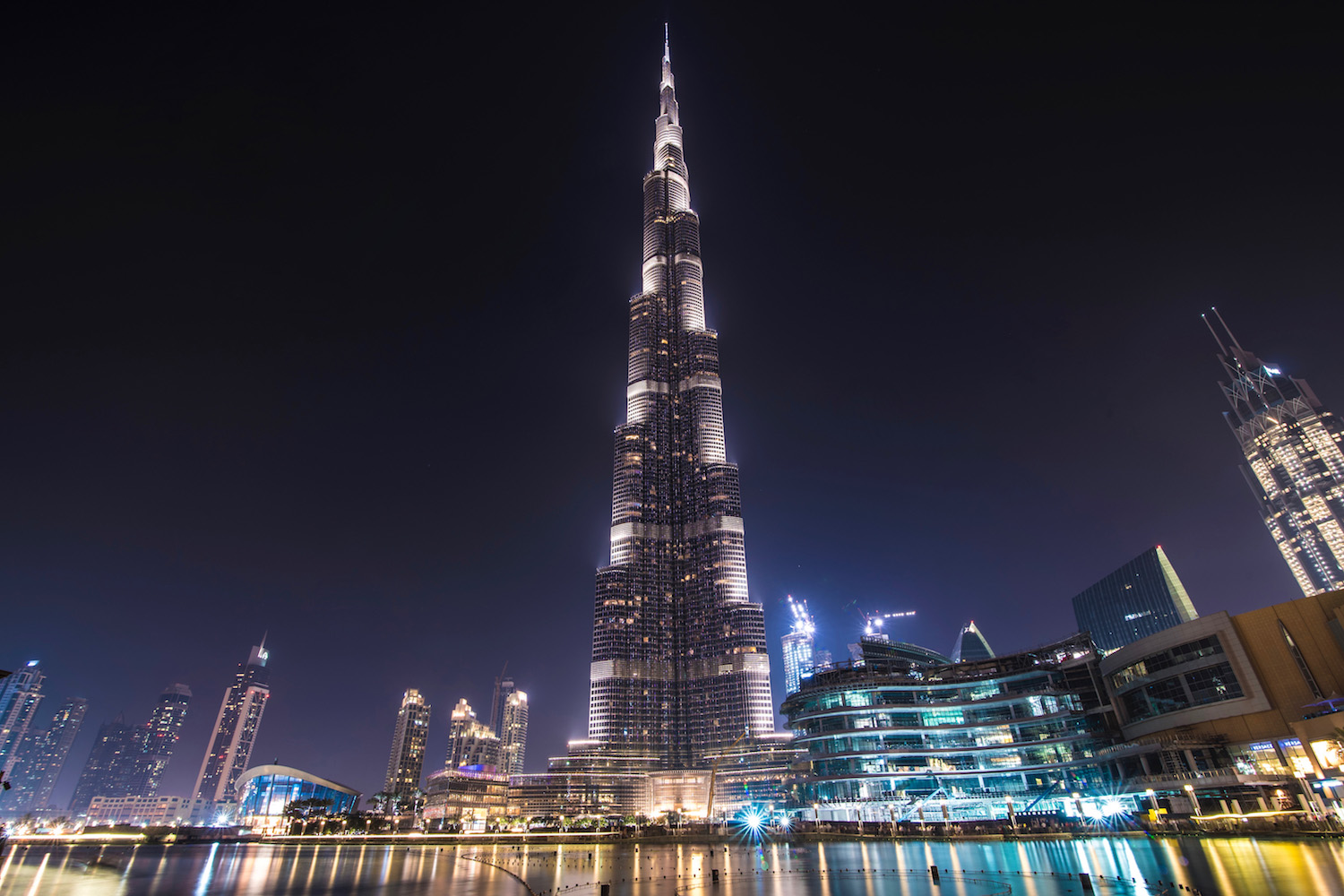
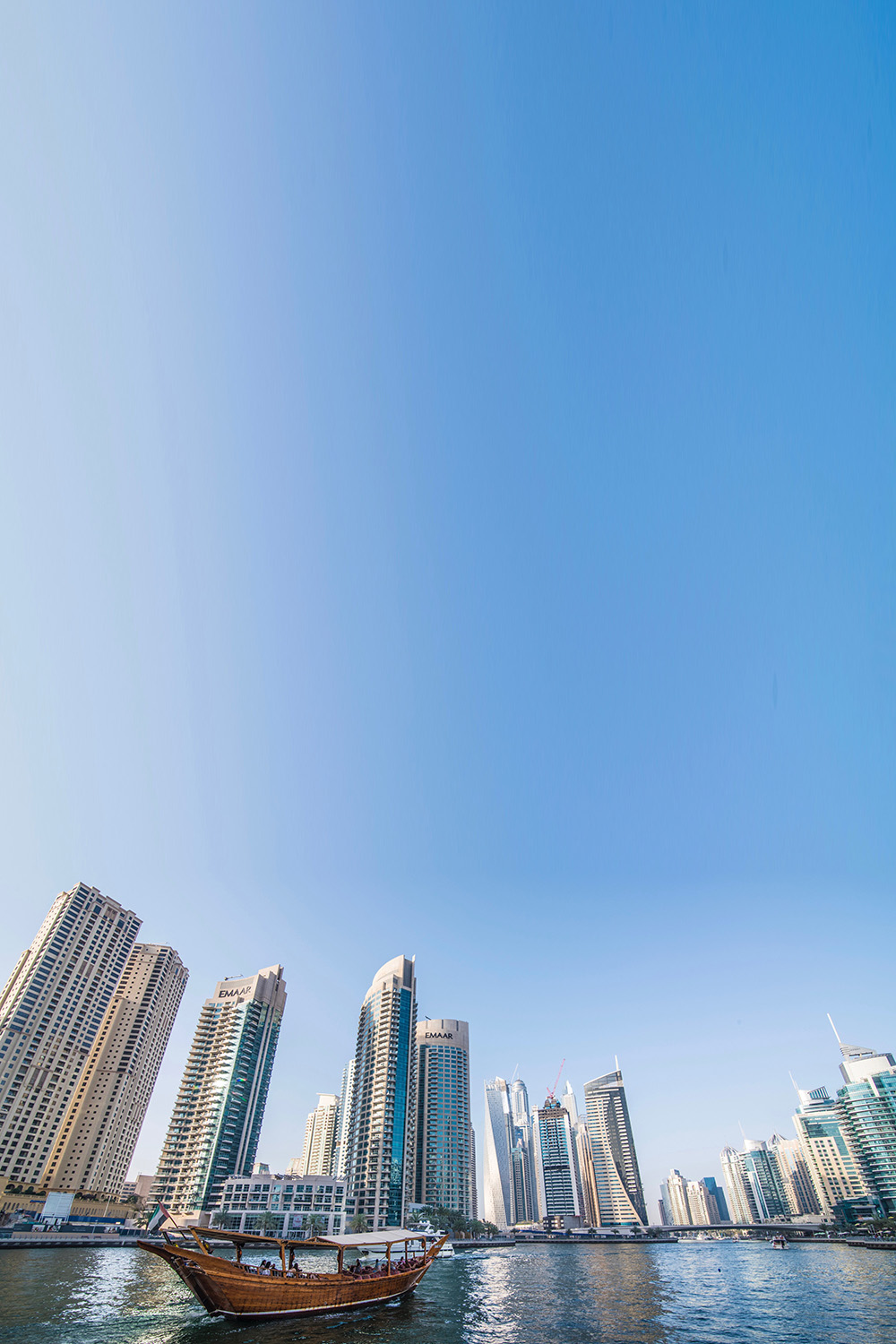
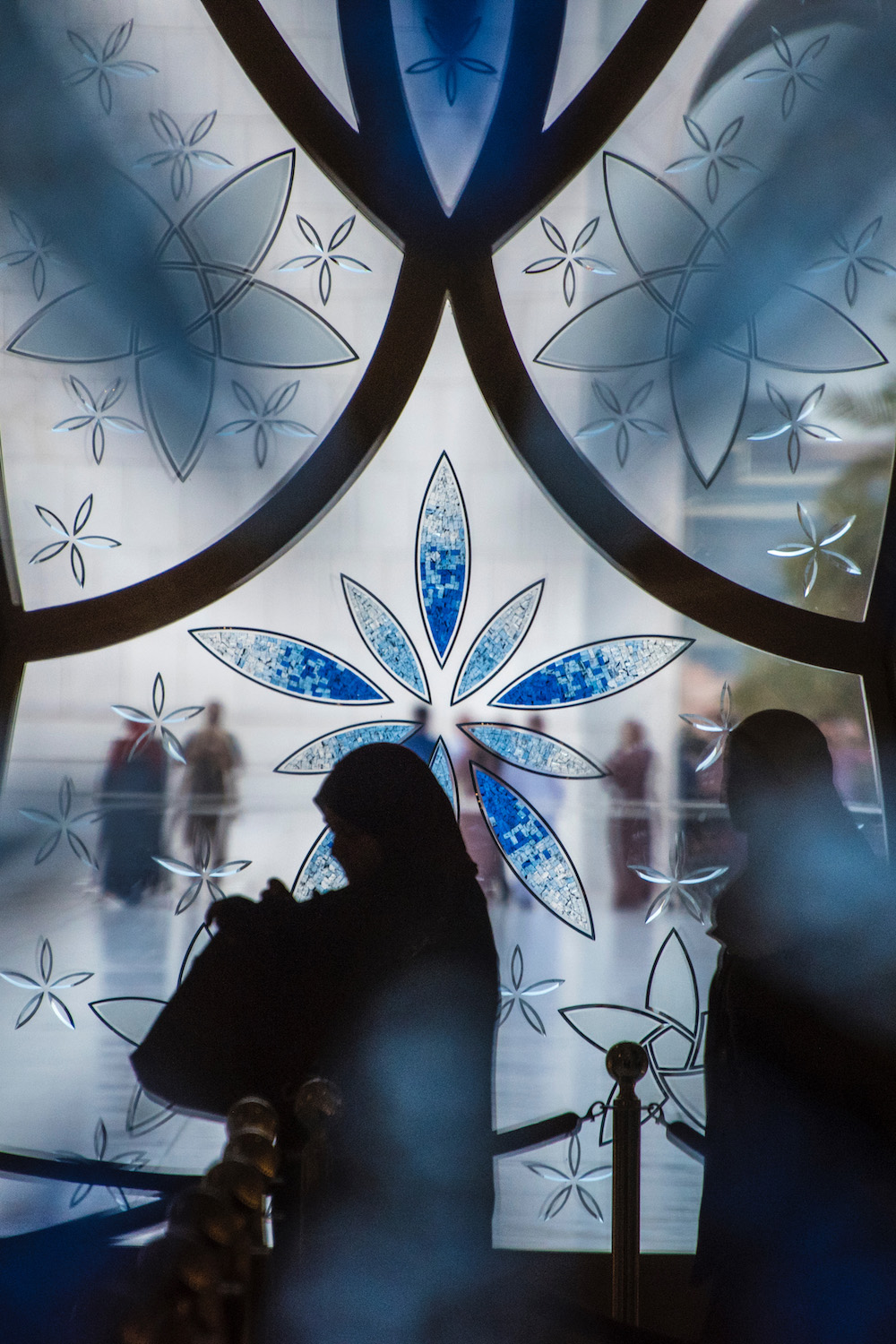
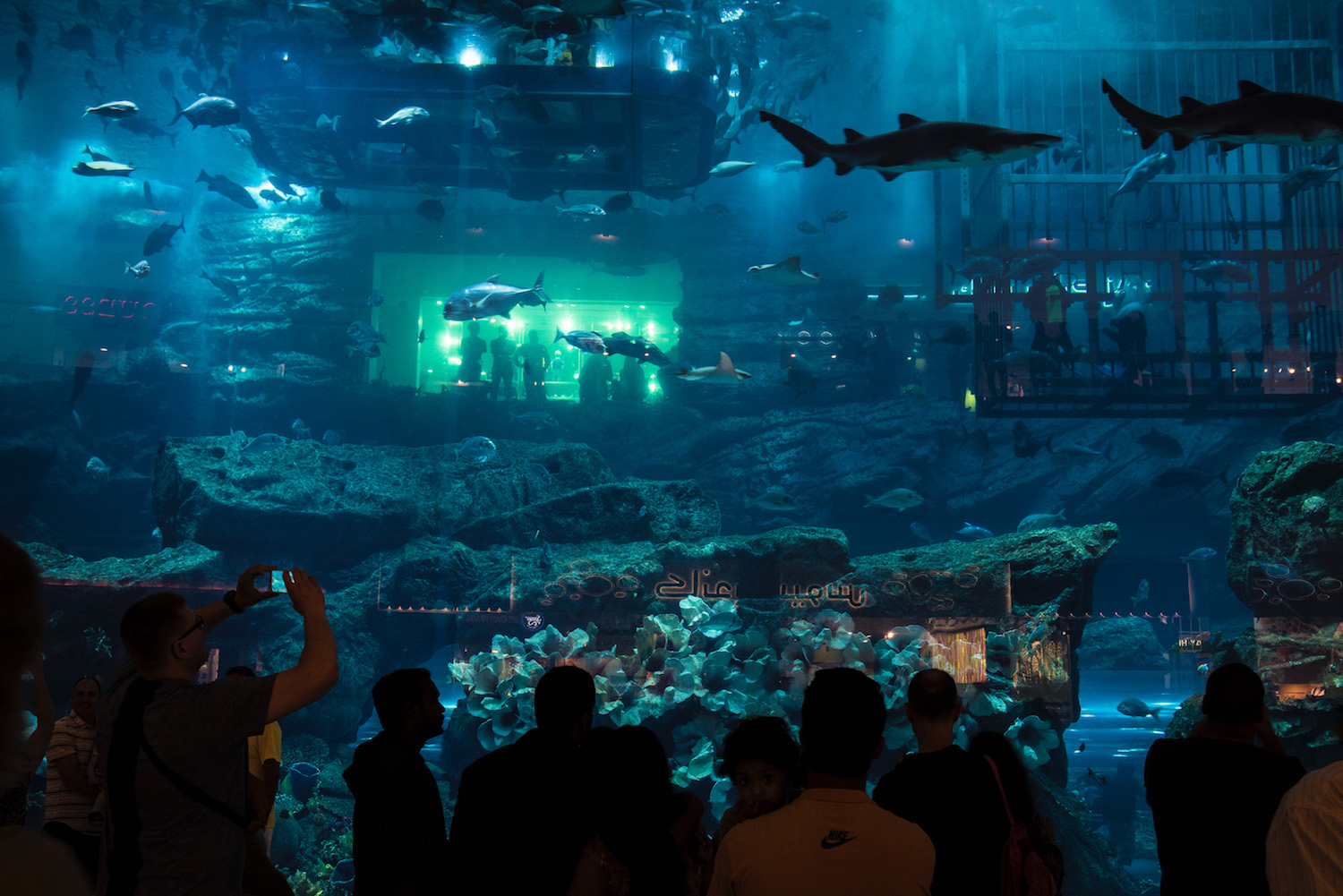
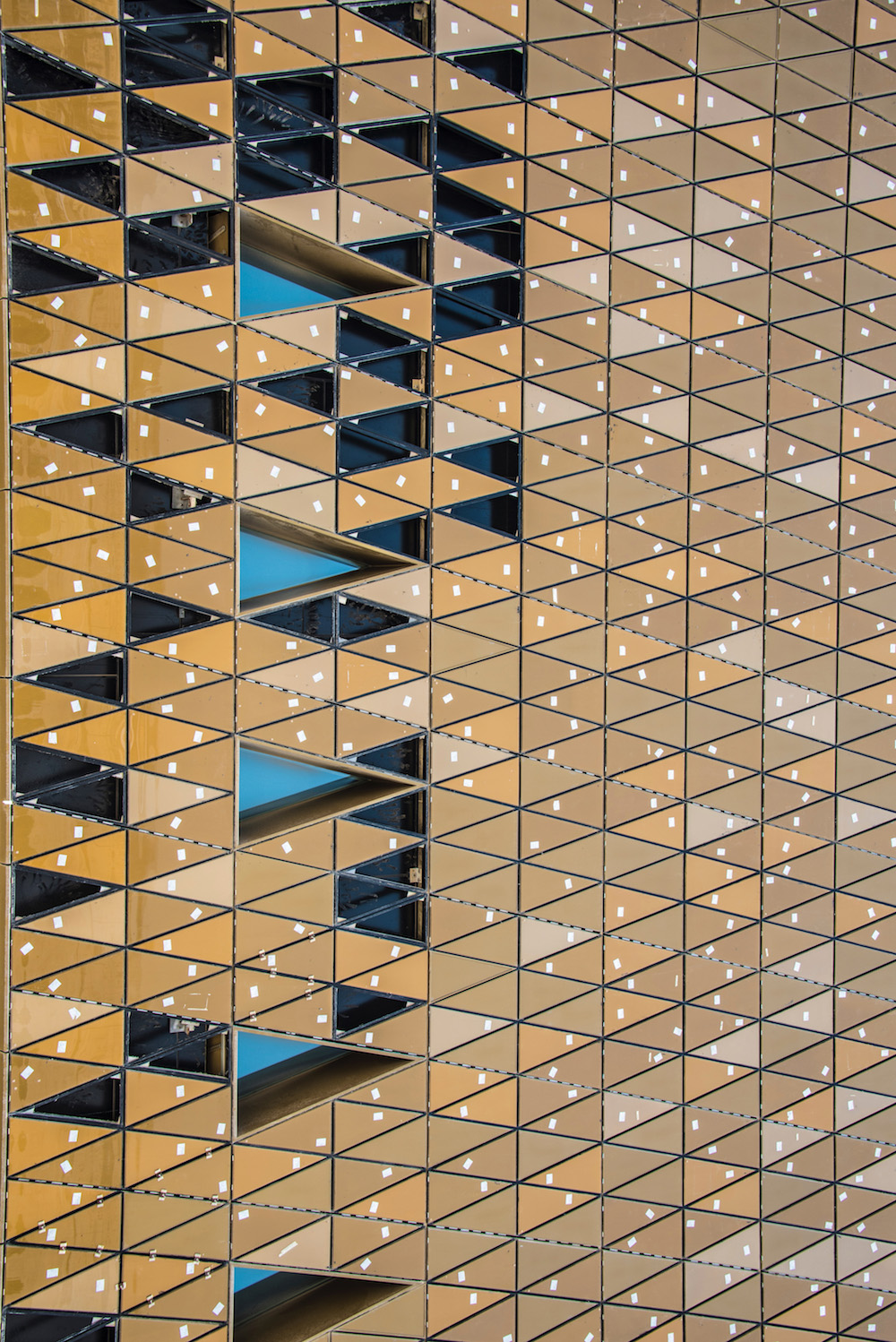

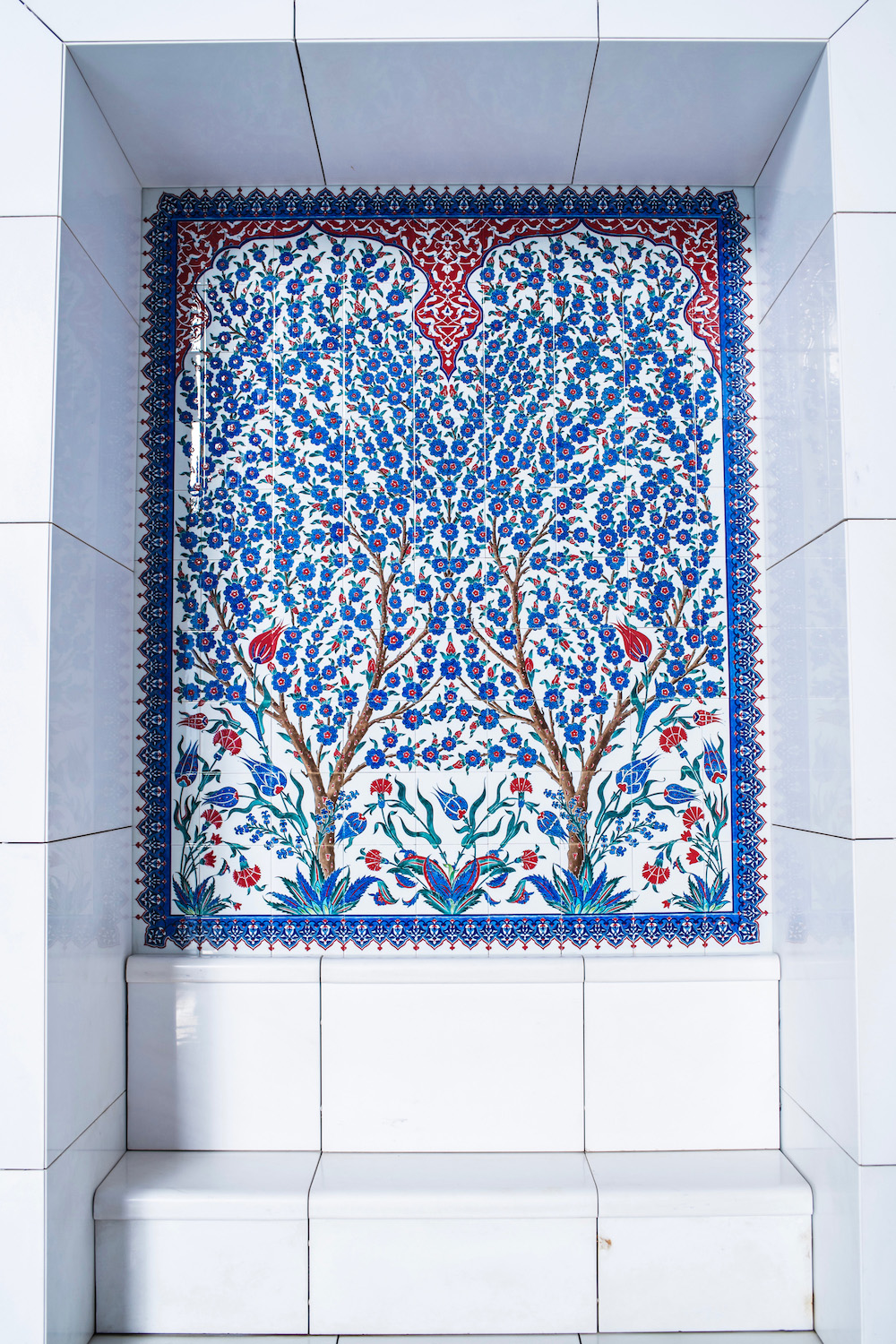
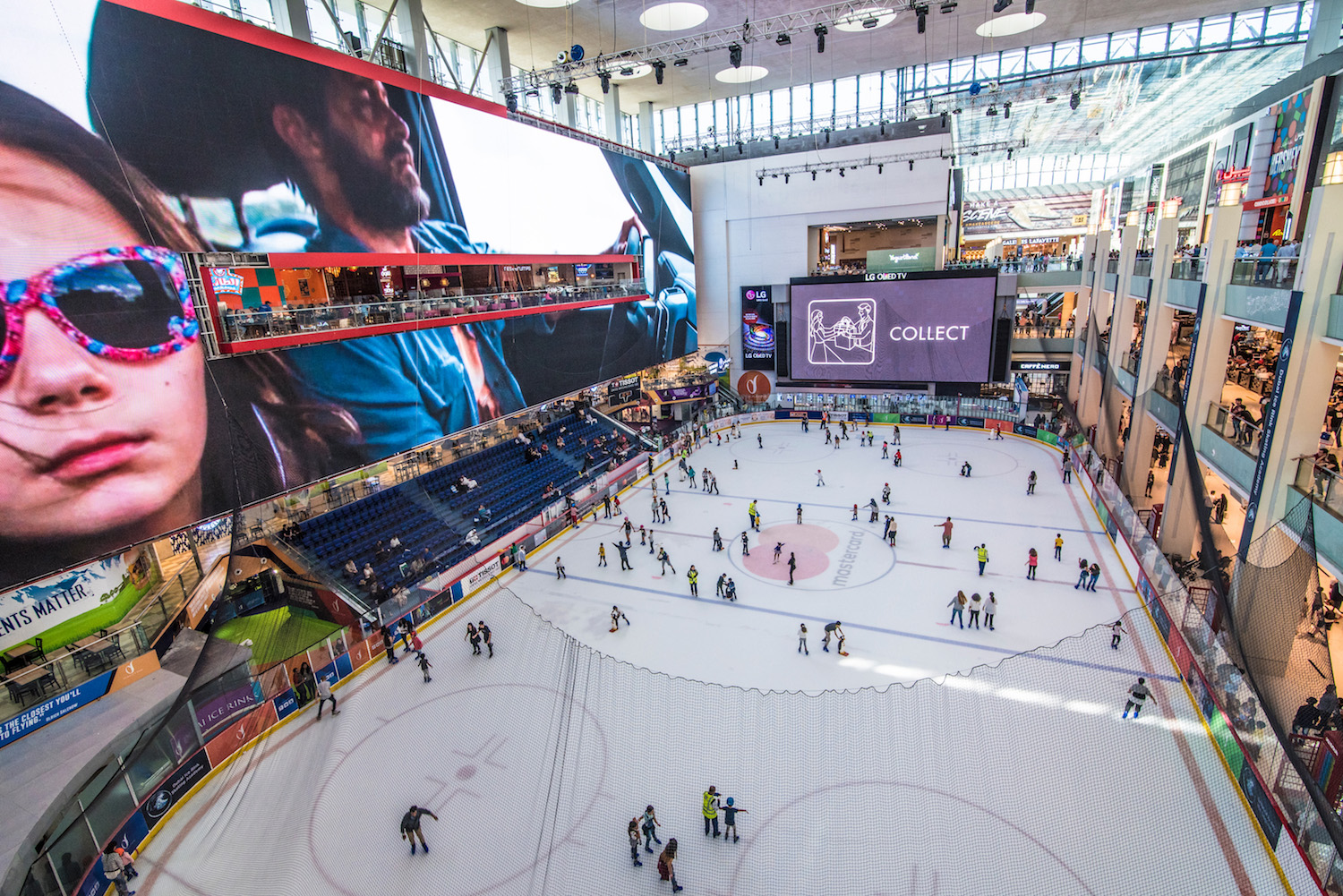
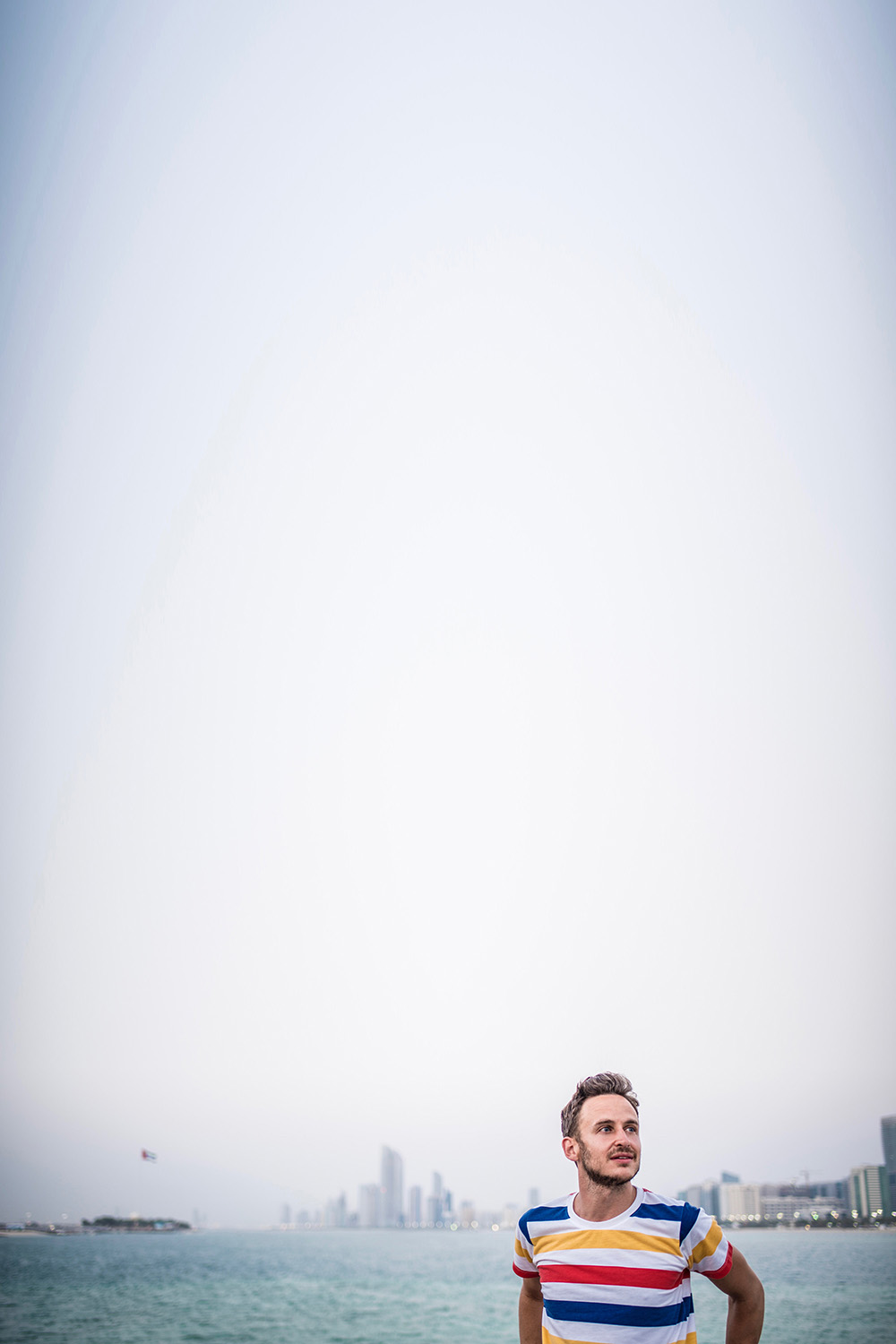
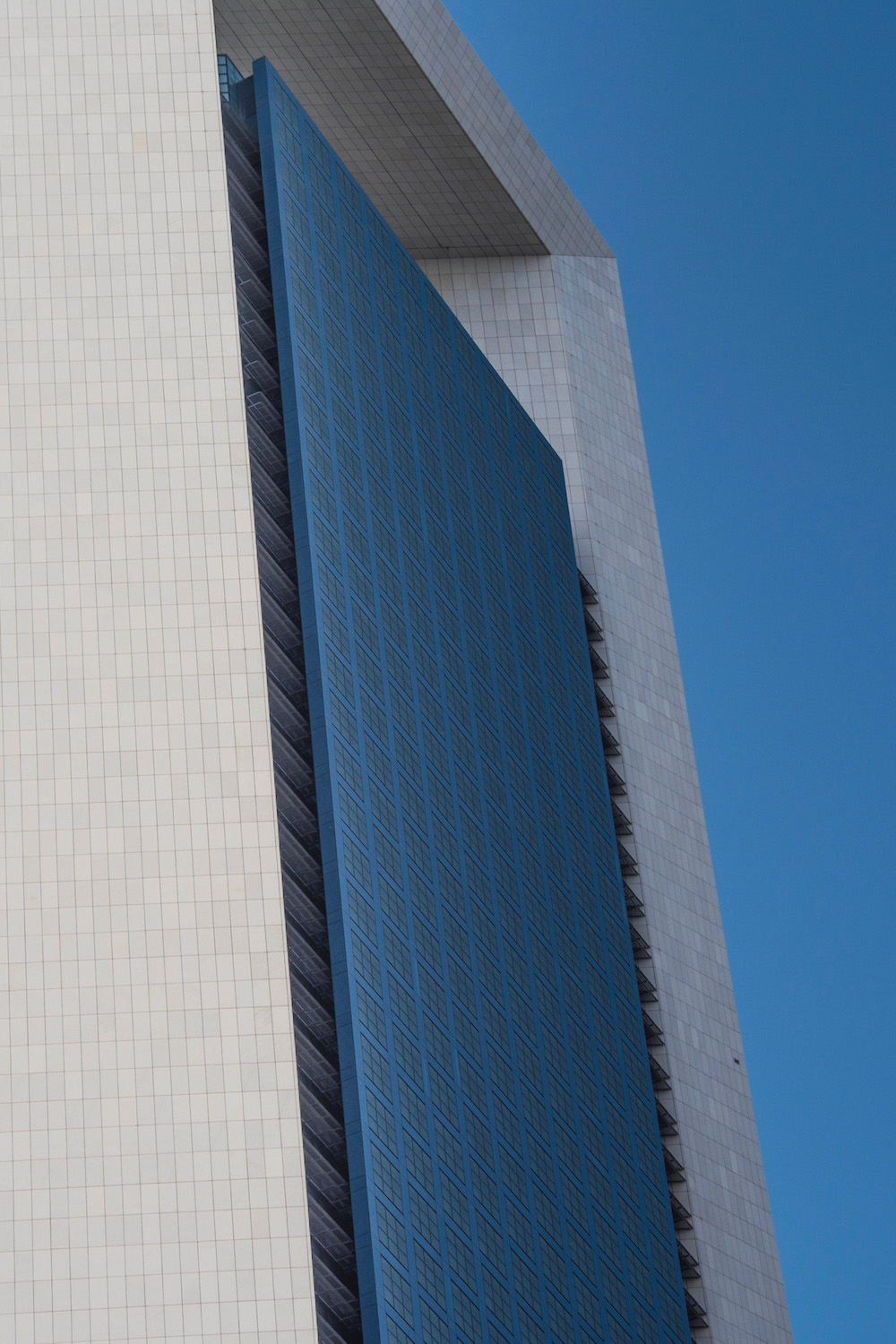
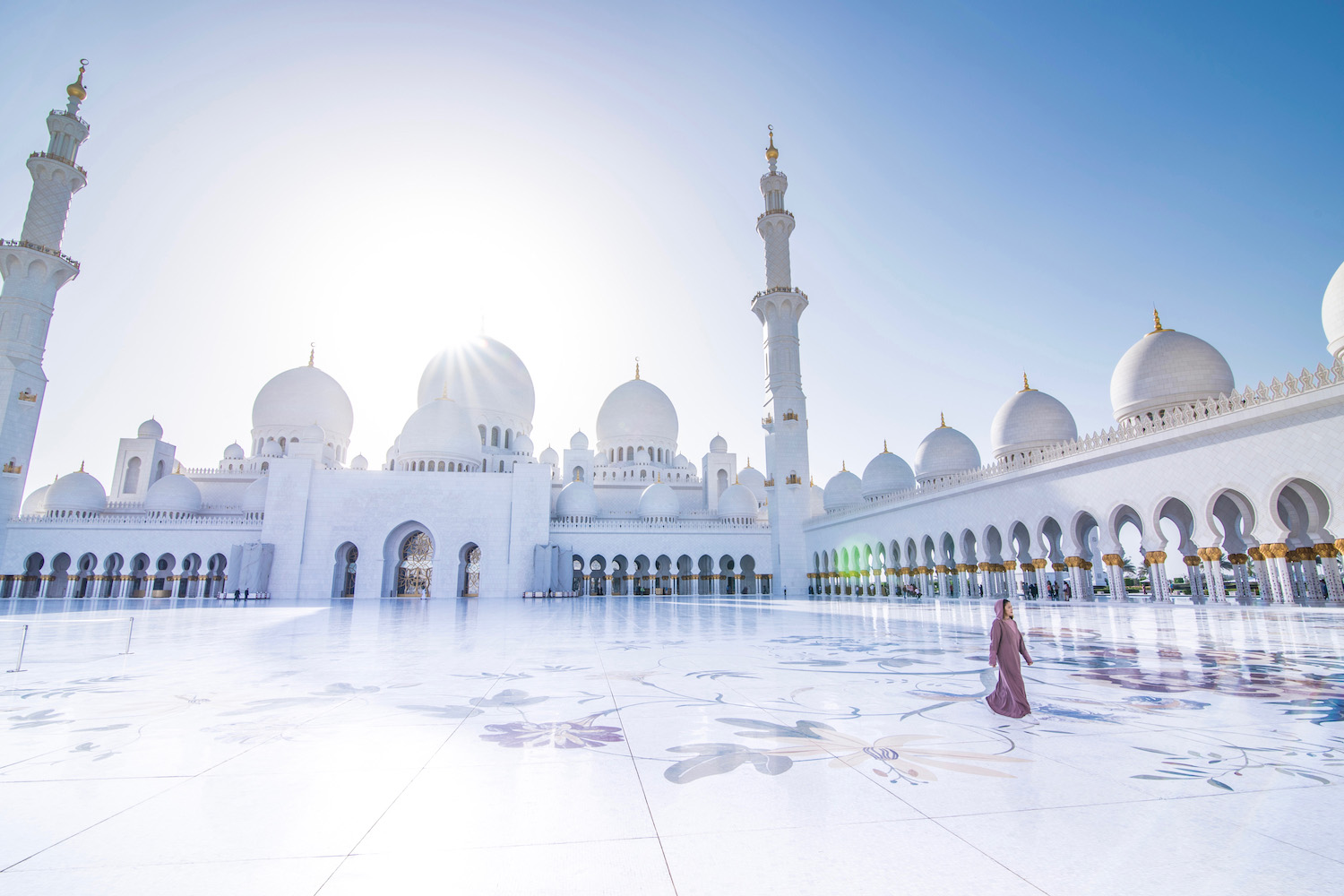
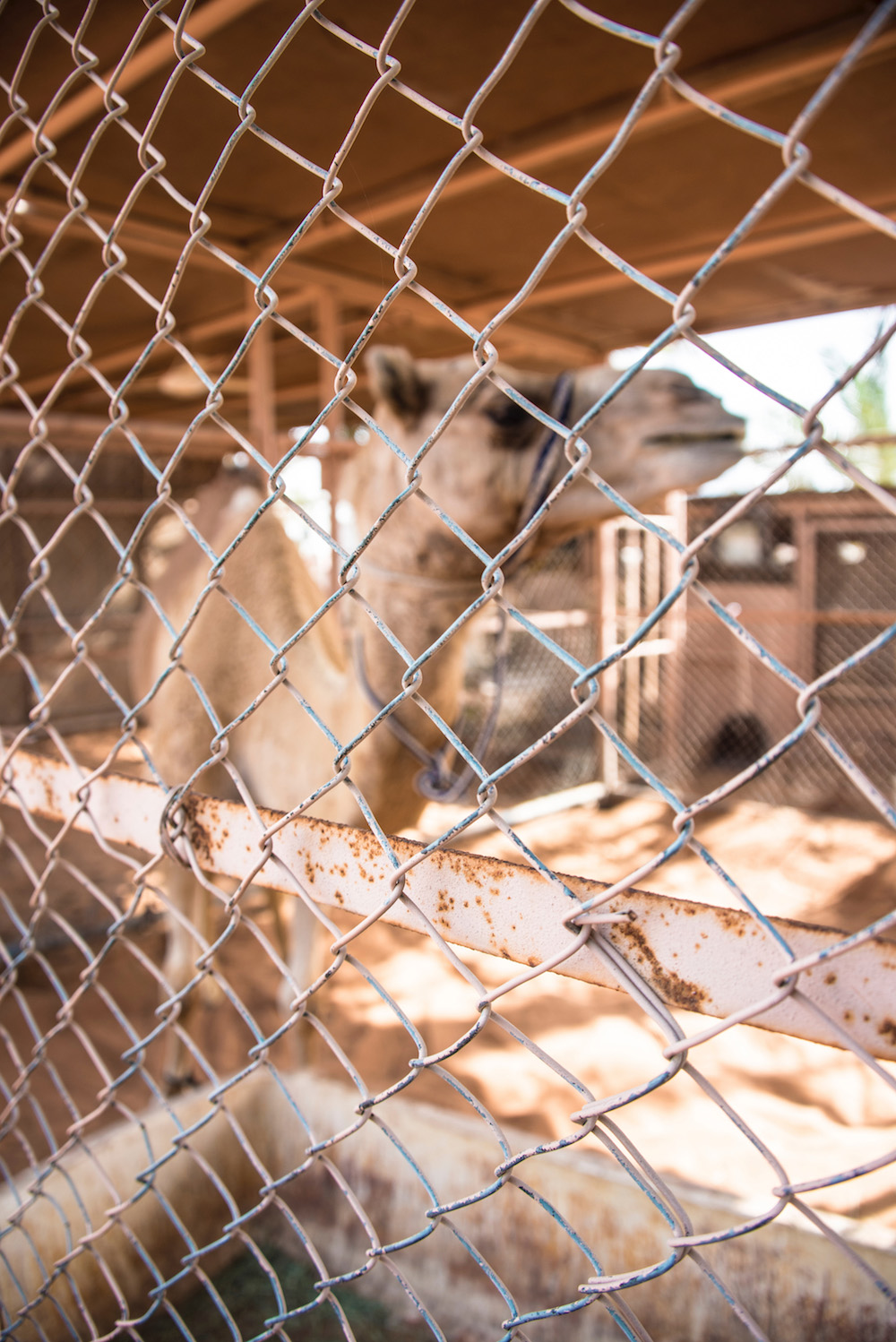
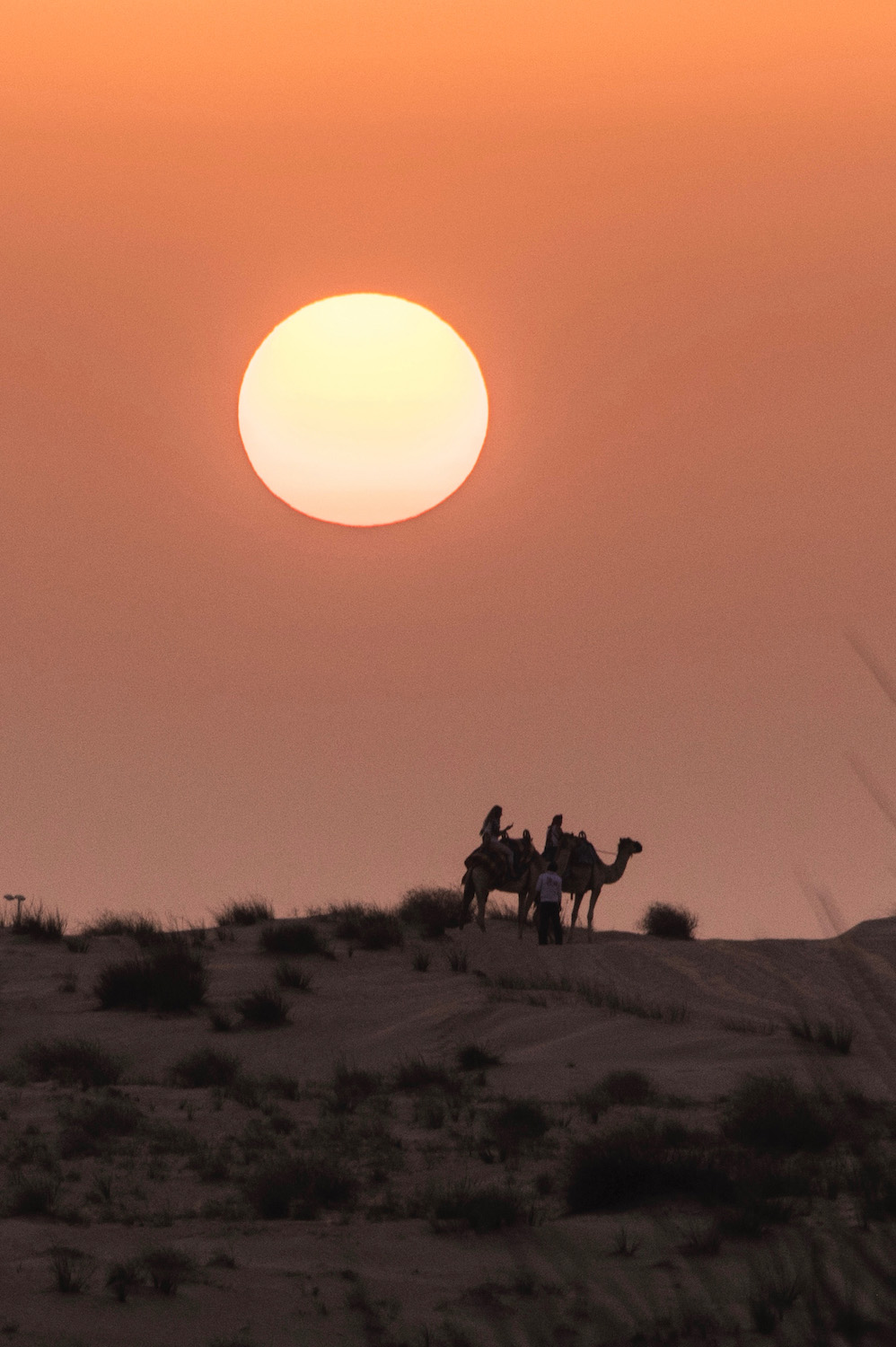
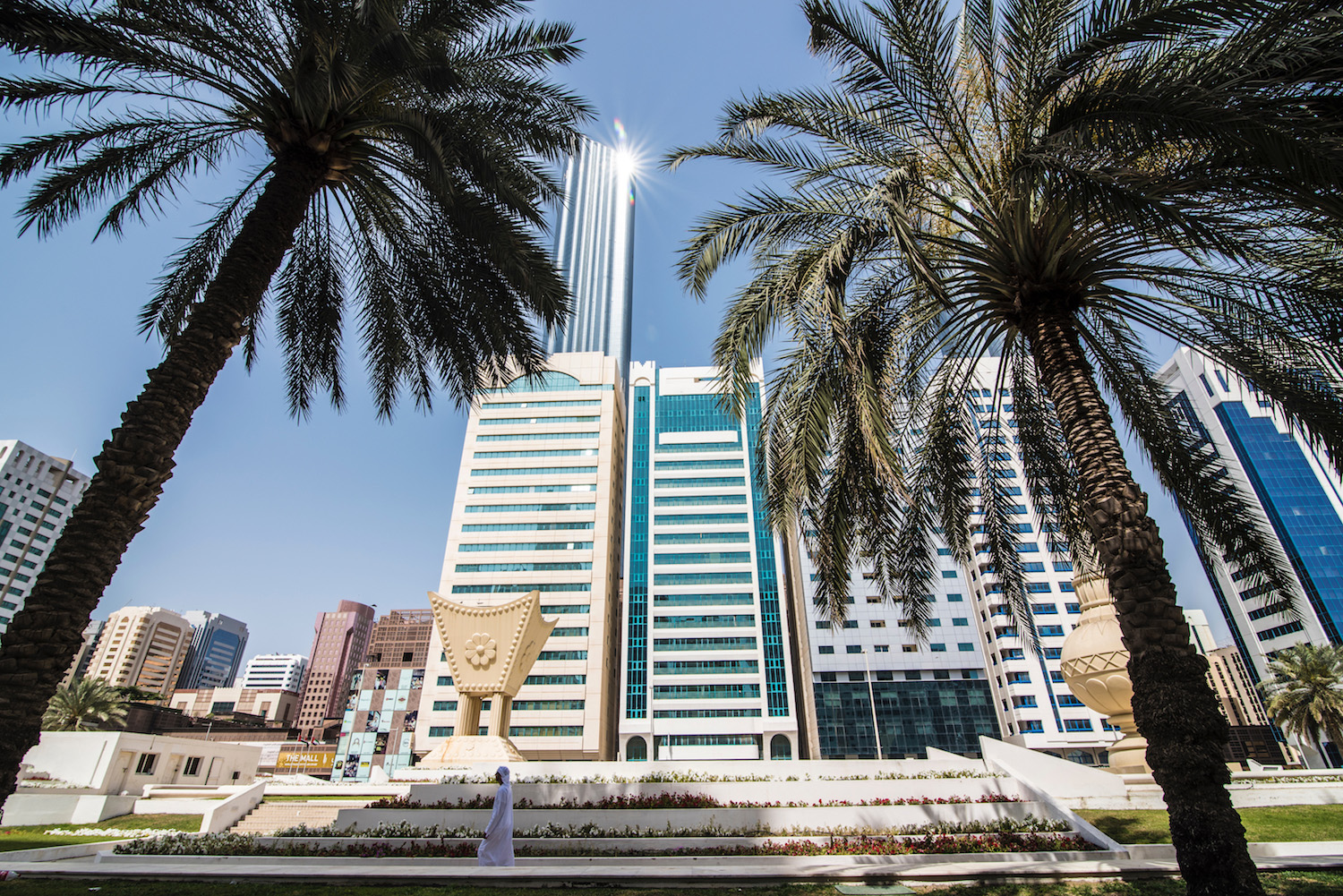

Robert Schrader is a travel writer and photographer who’s been roaming the world independently since 2005, writing for publications such as “CNNGo” and “Shanghaiist” along the way. His blog, Leave Your Daily Hell, provides a mix of travel advice, destination guides and personal essays covering the more esoteric aspects of life as a traveler.








